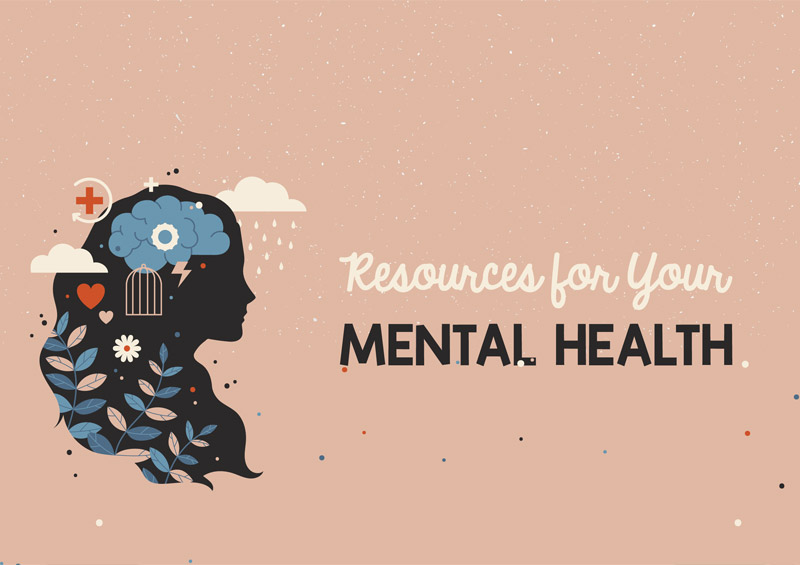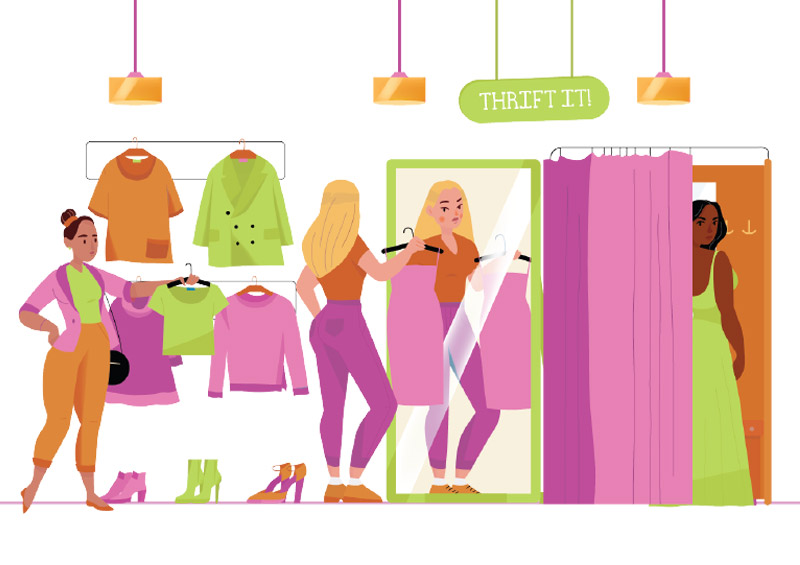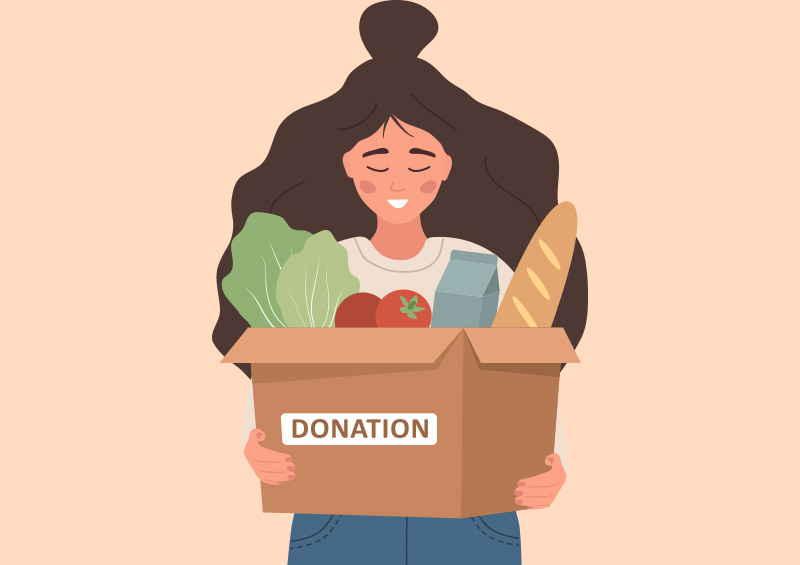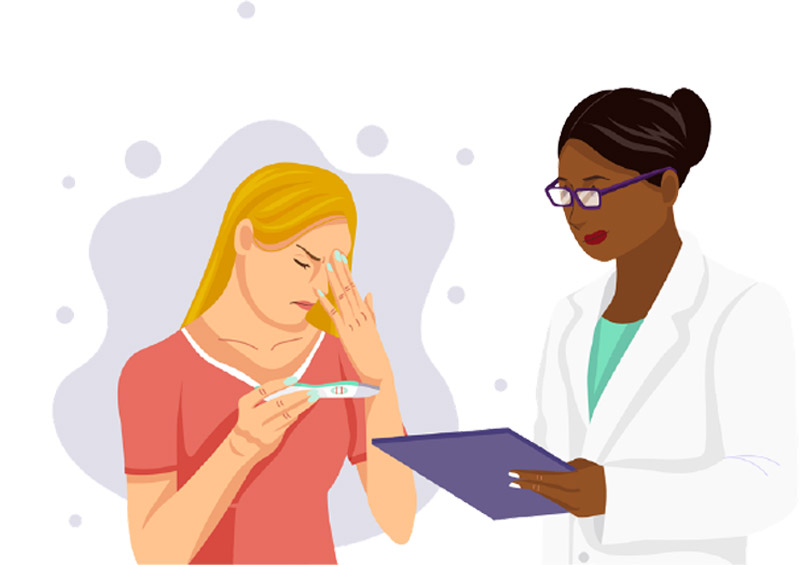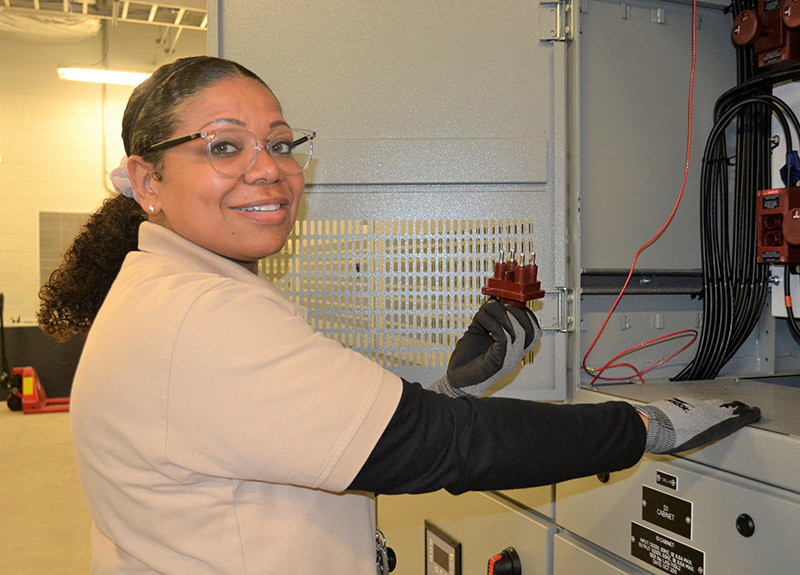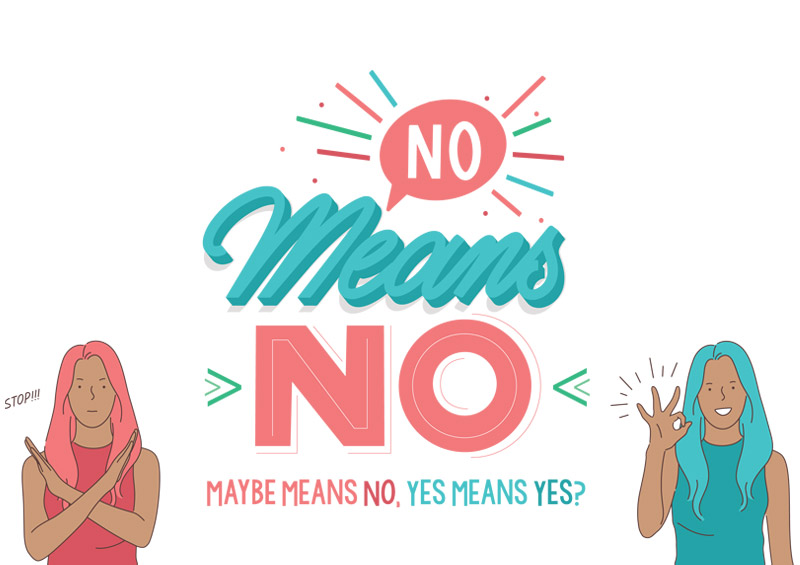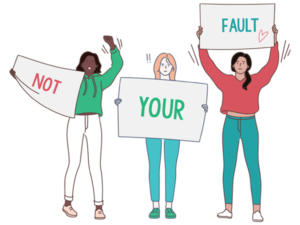My crush asked me to send a sexy picture and I feel weird about it!
If you feel hesitant, then you aren’t ready to consent! It may feel like sexual activity that’s not in person isn’t real, but it is. Someone crossing a boundary via text message or social media can be just as harmful and hurt just as much. Always take time to think through your actions and potential consequences. Instead of trying to just please your crush, focus on the things you want to do. Respond with something you are comfortable with, such as “I can’t wait to dance with you at the party on Friday!”
When it comes to sexting, there are generally more cons than pros. Your pictures may get shared beyond the person they were intended for or used against you after a bad breakup. Sexting can be a healthy and exciting part of a mature relationship, but more often than not, sending a sexy picture means taking a big risk—even if it was done consensually.
Someone crossed a boundary and made me do something I didn’t want to do. Help!
If someone did something sexual without your consent, that is sexual assault and it is wrong. This person chose to cross a boundary and hurt you, and all of the fault lies with them. There is nothing you possibly could have done to deserve sexual assault. Tell an adult you trust, such as a family member or teacher. You can always call a 24/7 sexual assault hotline to get help. You are not alone, and this is not your fault. There are so many people who have experienced sexual assault who are there to listen to your story and support you. You can heal from sexual assault and go on to have a healthy, pleasurable sex life in the future.
How can I help make our culture more consent-focused?
You can help to stop sexual assault and inspire healthier attitudes about sex. Talking about sex is still viewed as taboo, but we can change that. Talk to your friends about how important consent is. The more we have these conversations, the more normal they become.
If someone is making jokes about rape or engaging in “victim blaming,” step up and say “that’s not cool, and it’s not funny.” Not only are you helping to put an end to those harmful and ignorant comments, you may be empowering someone else in the room to step up the next time they witness something similar.
If it seems like someone you know has been the victim of sexual assault, listen to them and support them. It can be scary to have these hard conversations, but by being brave and pulling sexual assault out from the shadows, we can end it.






